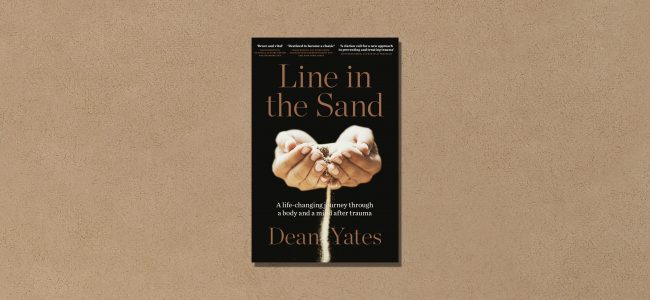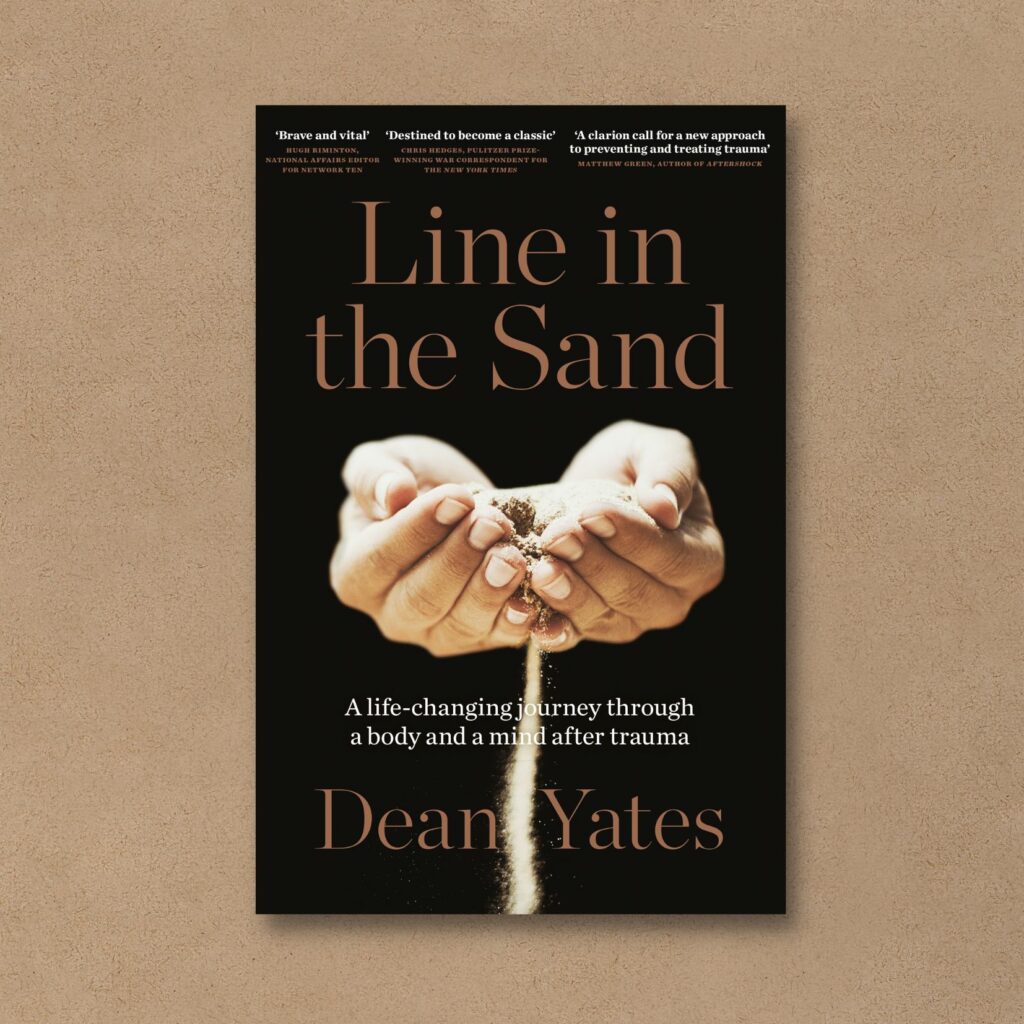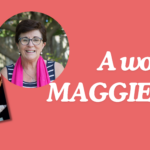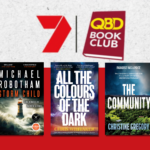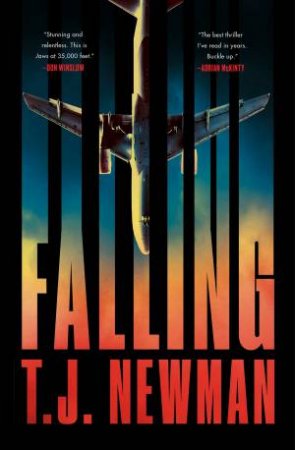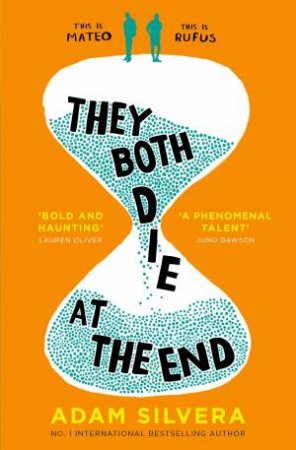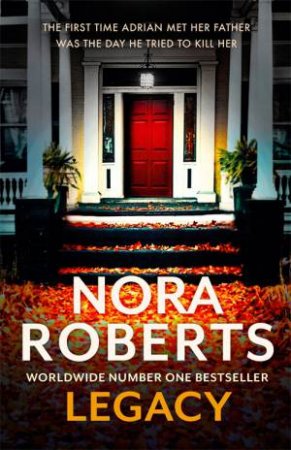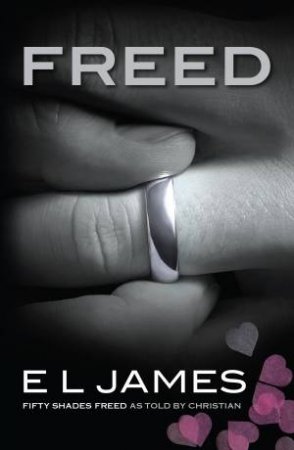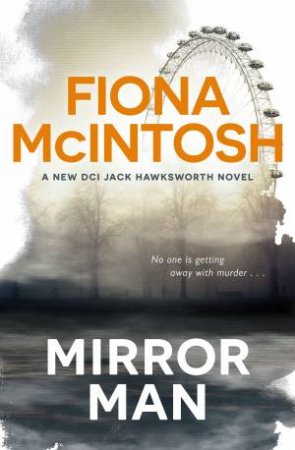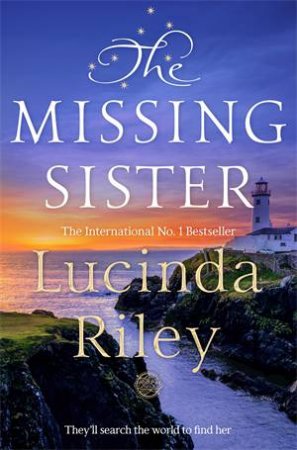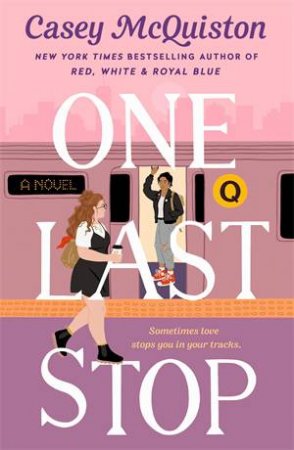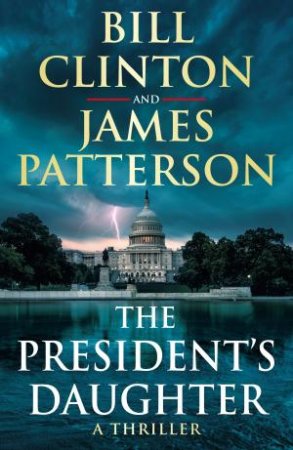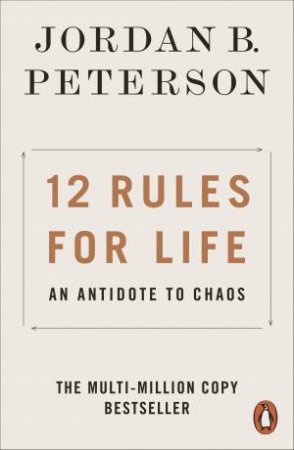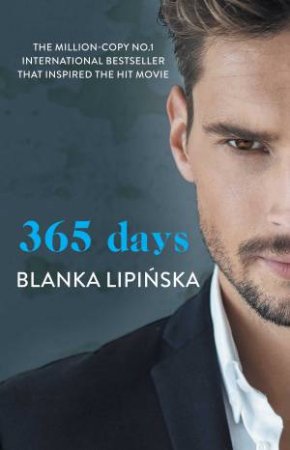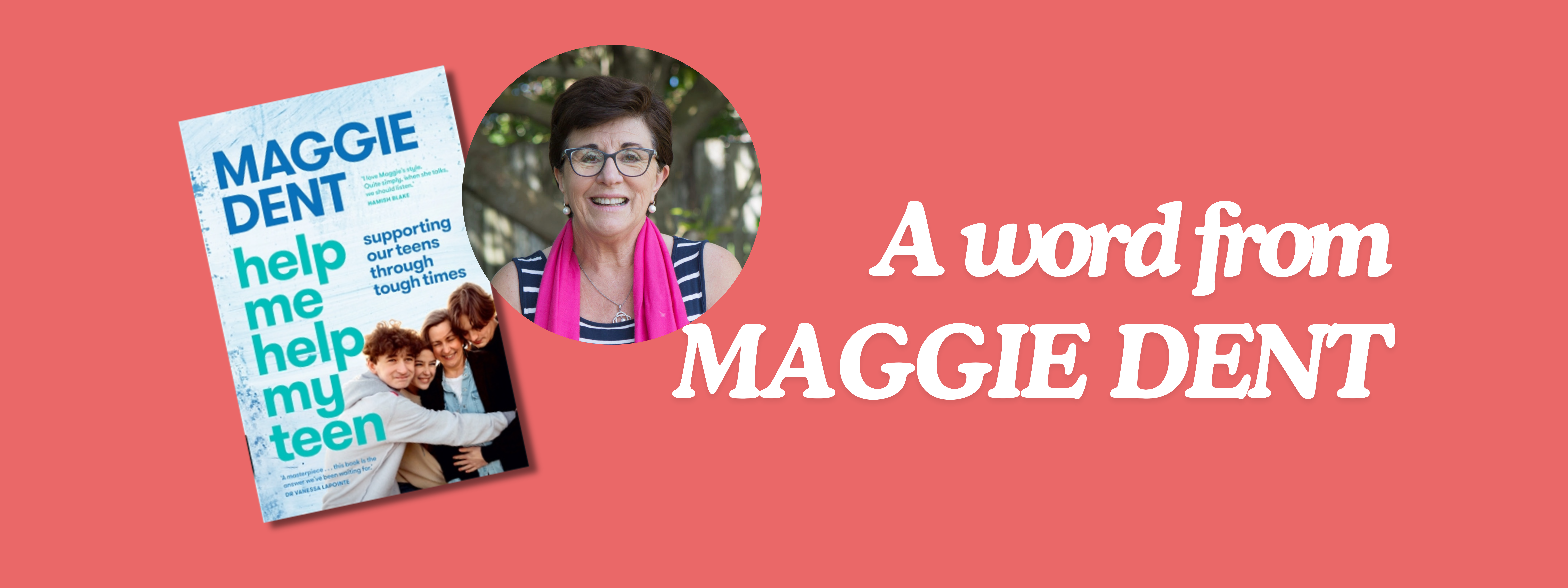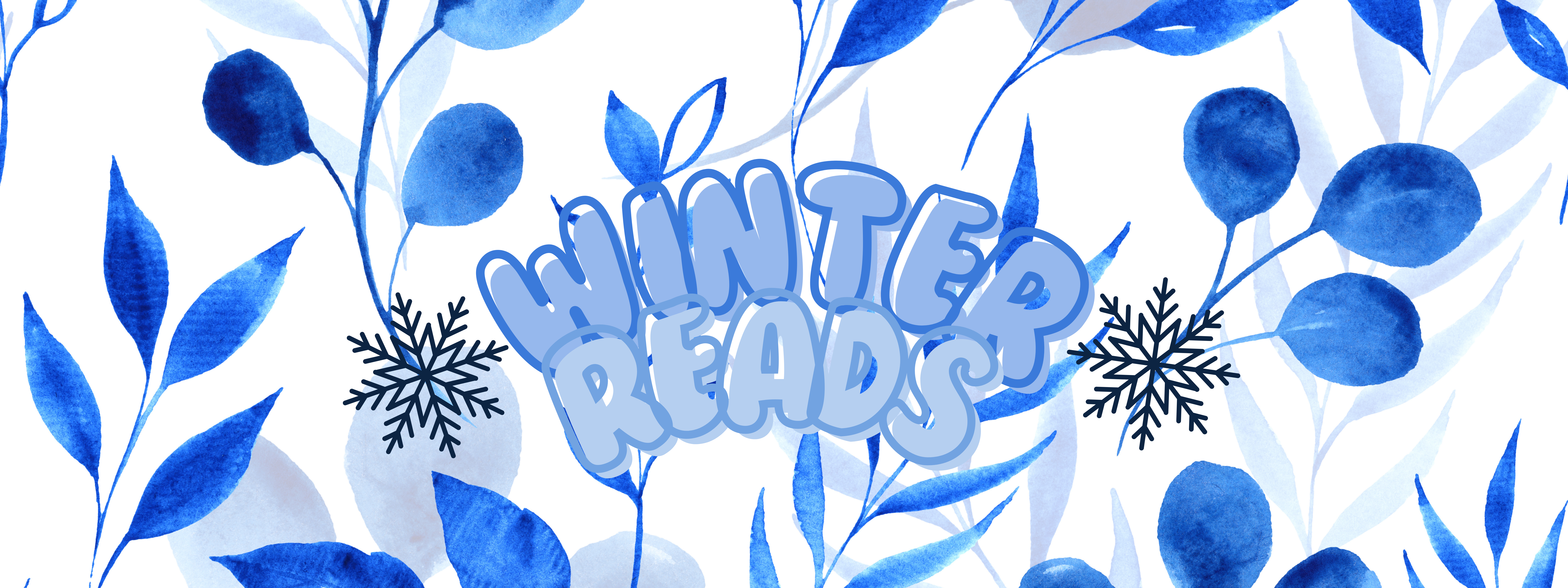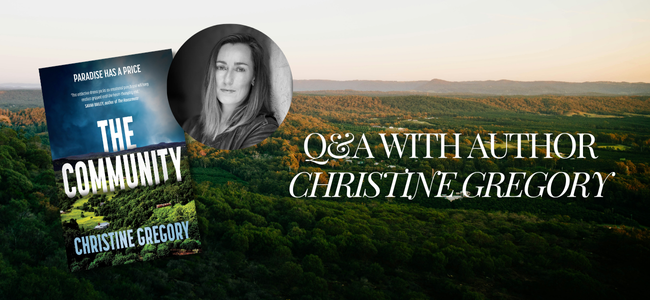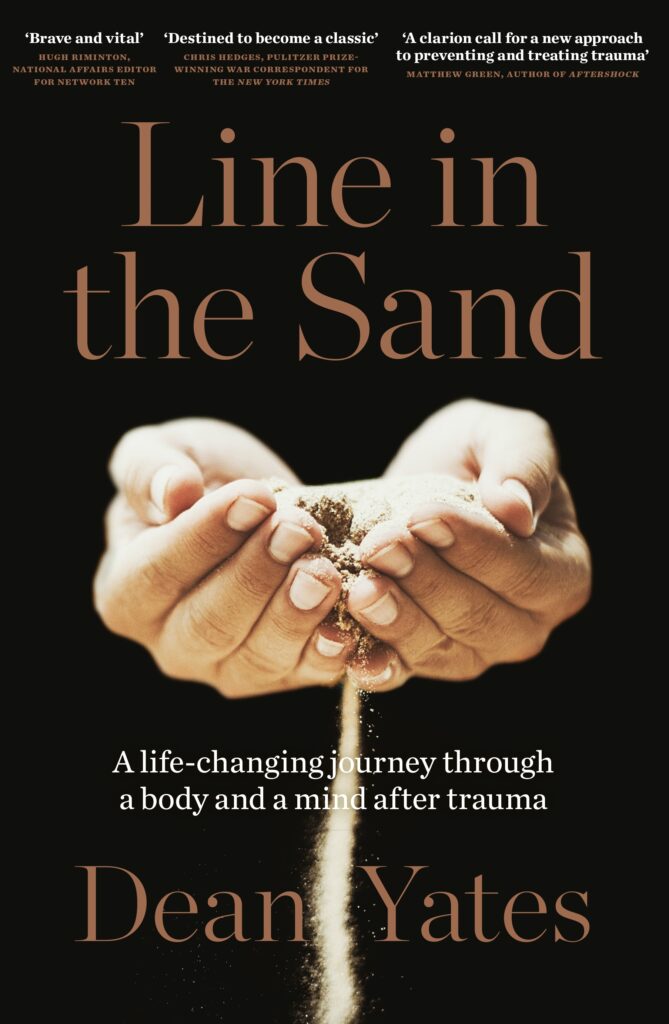
Dean Yates is a workplace mental health expert, public speaker, podcast host, and journalist. He is an outspoken advocate on mental health, press freedom and government accountability. Recently, he released a new book titled “Line In The Sand.”
Line in the Sand is a memoir that is going to resonate for generations to come. It tackles the most important topic of our age in an unforgettable way. After years of treatment, including several stints inside a psychiatric facility, Dean has reshaped his view of the true meaning of life. Here, in all its guts and glory, is that journey to a better way of being. Dean has been to the blackest heart of humanity and come out with strength and hope…
Exclusively for QBD Blog Readers, we have a piece from Dean Yates titled “The Power of Human Connection in Healing From Trauma”. Let’s dive in!
I was a successful foreign correspondent brought to the brink of suicide by workplace trauma, who recovered because of my obsession to get better and the human connection of my family and a mental health system that worked (yes, you read that right).
A combination of factors tipped me into turmoil after my PTSD diagnosis in early 2016: emotional denial about my condition; a psychiatrist in Hobart who didn’t get me; social isolation; and indifferent bosses. Then I was a risk to myself.
One night in late July 2016 I told my wife Mary that I was “toxic” to my family, I just wanted to find peace. I had a plan. Mary was loving but firm: “You need to be hospitalised in a psych ward, and soon.”
Two weeks later I was in the Ward 17 psych unit run by Austin Health in Melbourne, a specialist PTSD unit that treats veterans and first responders.
Establishing safety began the moment I entered. Sure, my anxiety was sky-high, but the intake interviews eased me into accepting I needed hospitalisation. There was no stigma about the word suicide. The building itself was peaceful. I had a private room. Within 24 hours I was sitting across from Dr Maryam, my new psychiatrist, a woman born in Iran who was curious about me. My mind and body felt safe. My treating team could begin to try to stabilise the symptoms I’d accrued from covering the Bali bombings, the Boxing Day tsunami, the Iraq War, from losing two staff to a US gunship attack in Baghdad on July 12, 2007.
Human connections underpinned the treatment I got during three admissions to Ward 17. Dr Maryam, spiritual care worker Cath and social worker Christina helped change the
course of my life. They opened their hearts and took the journey with me. Psychologists Dee and Wendy did it back home in Tasmania. Mary has always been there, ready to talk, listen and to also challenge me if she thought I wasn’t travelling well. It was Mary who said I needed to return to Ward 17 in 2017, and then again the following year. She shared her observations with my treating team. There were no secrets.
I suspect some practitioners prefer to stay behind walls they call boundaries. It’s safer there. Mary was a journalist for 20 years, took 13 years off to raise our three kids then re-trained as a counsellor. She came across this great quote when counselling refugees from war-torn parts of the world: ‘I’d rather a therapist with a warm heart and no boundaries than a therapist with a cold heart and firm boundaries.’ Of course, no one should take the ‘no boundaries’ thing literally. But I’ve seen 25 doctors, psychologists and psychiatrists about my mental state. I know when someone sees me. I feel connection. I can sense a cold heart from a warm one. I know waitlists are horrendous, but if your gut tells you that your therapist doesn’t want to take the journey with you, find one who will.
I’ve concluded from the seven years I spent writing my book that the most critical factor in trauma recovery is the quality of someone’s support network: family, friends, GP, counsellor, psychologist/psychiatrist, employer, workmates, access to hospital services, housing, the justice system. Yes, a support network extends beyond family and friends. It’s the breadth and depth of those networks and how they function together – not the original trauma – that largely determines recovery outcomes. In other words, whether a trauma survivor can find safety. Process their trauma, rebuild relationships, find purpose in life, and live with dignity.
Human connection is the foundation to this.
To order “Line In The Sand” by Dean Yates, make sure to visit us in-store or on our website today!

